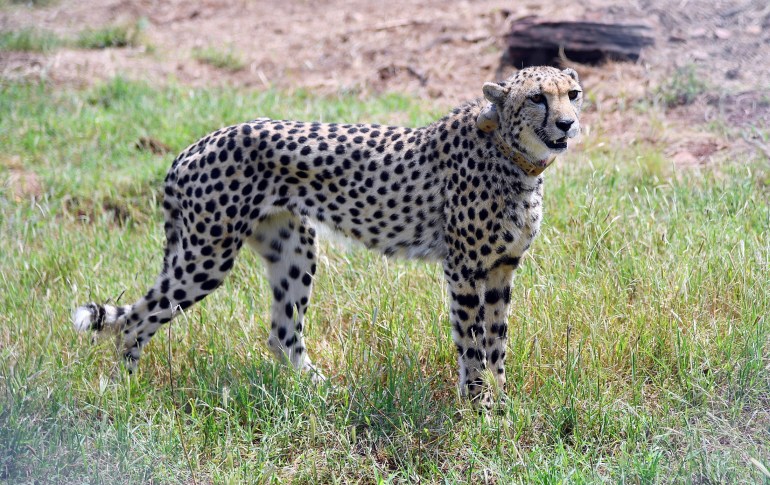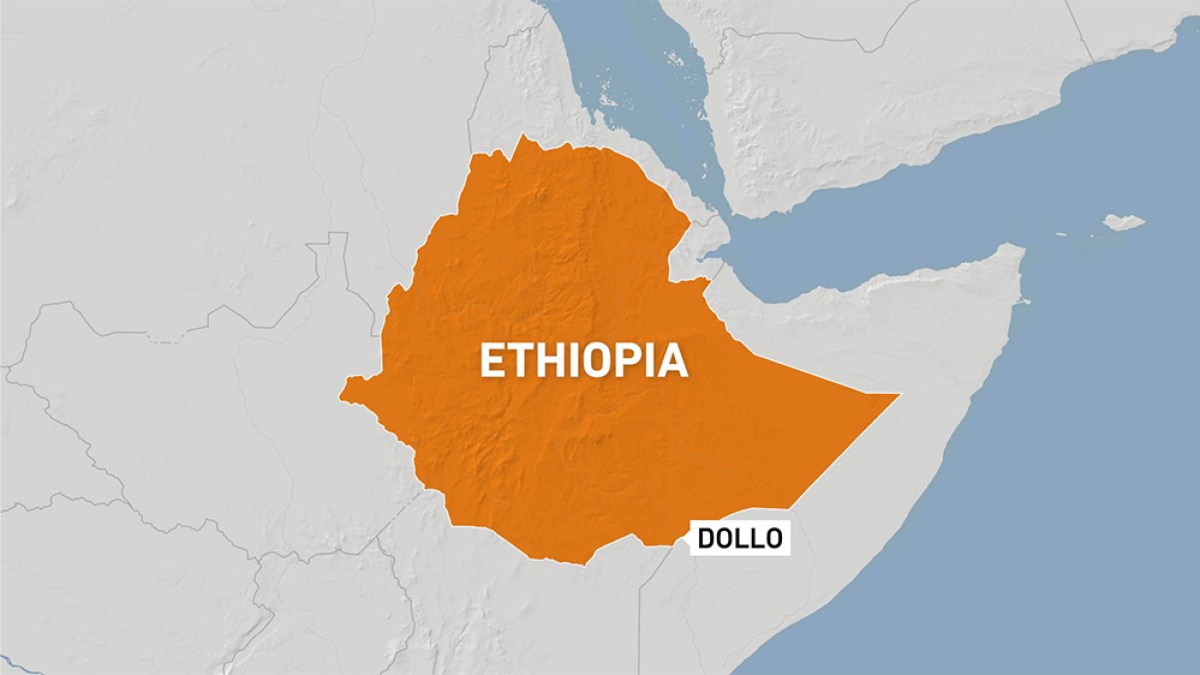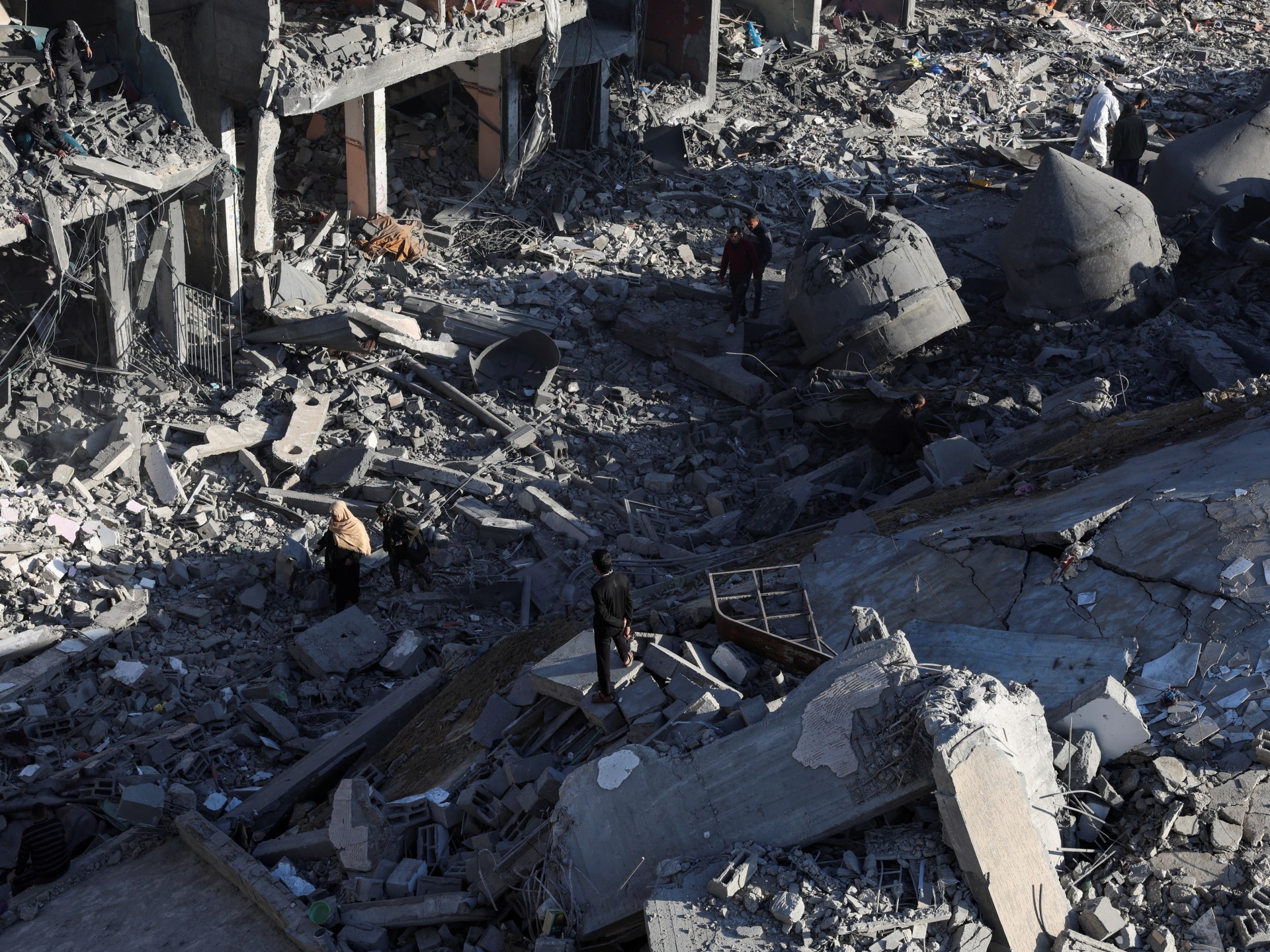Three of four cheetahs born in India after 70 years die
Their mother was among 20 cheetahs flown from Africa as part of an ambitious plan to reintroduce the animal that had gone extinct in India.
Three of four cheetah cubs born to a big cat brought to India from Africa last year have died in Kuno National Park in the past week, forest officials said, as a heatwave in the region sent temperatures soaring.
The cubs were the first to be born in India in more than 70 years. Once widespread in India, cheetahs became extinct there in 1952 from hunting and habitat loss.
Their mother was among the 20 cheetahs that India flew in from Namibia and South Africa as part of an ambitious and hotly contested plan to reintroduce the world’s fastest land animal to the South Asian country.

The first cub died on Tuesday, prompting veterinarians in the national park in Madhya Pradesh state to closely monitor the mother and her three remaining cubs.
The cubs appeared weak on Thursday afternoon – a day when temperatures spiked to 47 degrees Celsius (116 degrees Fahrenheit) – and authorities intervened to help the cats.
They were “weak, underweight and highly dehydrated” and two of them later died, forest officials said in a statement on Thursday.
The last surviving cub is being treated in a critical care facility.
Officials did not say what caused the deaths but a scorching heatwave in India is believed to have weakened the cubs. The survival rate of cheetah cubs in the wild and captivity is low, according to experts.

Speaking to Anadolu Agency, Jasbir Singh Chouhan, a top wildlife official in Madhya Pradesh, said the causes of the cubs’ deaths are multiple.
“They were eight-week-old and underweight as well. The high temperatures, dehydration and exposure to the sun” were some of the causes, he said.
“The fourth cub is stable and under treatment,” he said, adding they are in touch with cheetah experts in Namibia and South Africa.
In March this year, India announced the birth of four cubs to one of the eight cheetahs that were relocated from Namibia.
The cats were introduced with much fanfare and Indian Prime Minister Narendra Modi had said the cats would catalyse efforts to conserve India’s neglected grasslands.
The Prime Minister was ill advised about #ProjectCheetah, says
Valmik Thapar, Naturalist and Conservationist#NewsToday #Cheetahs #KunoNationalPark | @sardesairajdeep pic.twitter.com/22KwuDfZu9— IndiaToday (@IndiaToday) May 25, 2023
But of the 20 adult cheetahs imported to India, three – two females and a male – have died.
Earlier this month, a female cheetah called Daksha died at the Kuno National Park after it was injured by one of the big cats.
Two more cheetahs, Sasha and Uday, died in February and April respectively, due to illness.
While the government is confident the relocation of cheetahs will be successful, many experts have expressed scepticism about the ambitious project to reintroduce the African animals into Indian forests.
Fewer than 7,000 adult cheetahs remain in the wild globally, and they now inhabit less than nine percent of their original range.
Shrinking habitat, due to the increasing human population and climate change, is a huge threat.




